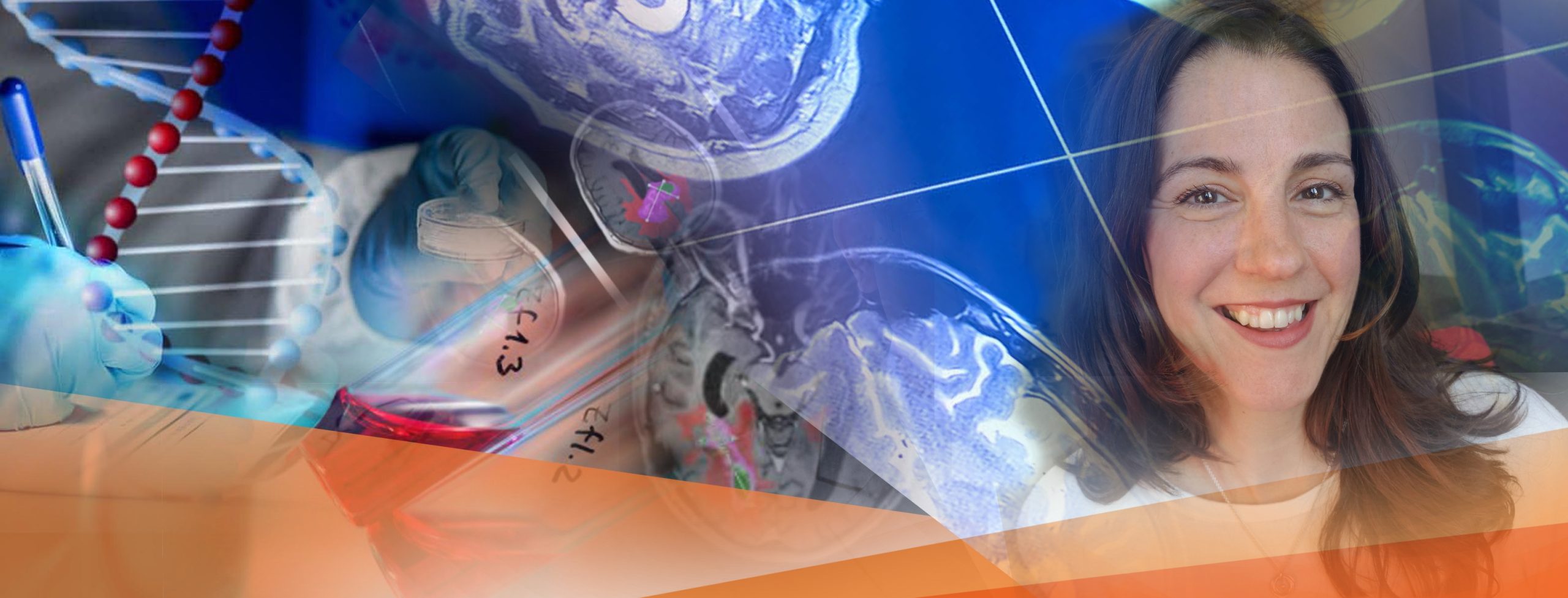

The Transformative Power of AI in Oncology Drug Development
Key take-aways:
- Pharmaceutical companies are adopting AI to discover new drugs and improve existing ones, and the impact this is having on their R&D strategies and delivery of clinical trials
- A.I. is no longer a tool for research but it is reshaping oncology pipelines, leading to collaborations with tech companies like IAG, Image Analysis Group
- Rise of AI-driven biotech firms changes risk profile and investment strategy into oncology R&D profiles
Discuss how to mitigate risks and uncertainties in drug development through A.I. Explore how AI is being used to navigate the complexities of both early-stage and late-stage clinical trials! E: imaging.experts@ia-grp.com
The pharmaceutical industry is undergoing a significant transformation as a result of artificial intelligence (AI) and machine learning (ML). These technologies are being used to streamline the development process, leading to the identification of new digital biomarkers for optimization of trial outcomes, early efficacy assessment, and the prediction of clinical trial outcomes.
The impact of AI and ML on R&D strategies
The adoption of AI and ML is leading to a number of changes in the way that pharmaceutical companies conduct research and development (R&D). These include:
- Increased collaboration with tech companiesPharmaceutical companies are increasingly collaborating with tech companies to develop and implement AI and ML solutions. Here at IAG, we support a number of high impact collaborations, that wil make global impact on how we develop novel therapeutics.
- The rise of AI-driven biotech firmsA new generation of AI-driven biotech firms is emerging that is using AI and ML to discover and develop new drugs. These companies seek enterprise level support to test their novel theraputic agents for efficacy with speed. Complex data strategies require adequite technical support. We see novel designs and data flows in oncology drug development, and have been focused on releasign DYNAMIKA V7 to support new way of thinking and working in oncology.
- Changes in investment strategies Investors are increasingly backing companies that are using AI and ML in drug discovery and development.
Traditionally, delivery of trials for cancer drugs has been a lengthy process. Today, use of early imaging based markers, sophisticated designs power early go / no-go decisions and allow to shorten the trial based on the predictive outcomes.
The integration of AI and ML into oncology drug development necessitates a shift in R&D strategies for pharmaceutical companies. Here are some key trends that we saw in 2023-2024:
- Collaboration with AI Experts: Pharmaceutical companies are increasingly partnering with AI specialists and tech companies to develop and implement customized AI solutions for cancer drug discovery.
- Focus on Precision Oncology: AI facilitates the development of targeted therapies and companion diagnostics, allowing for a more precise and personalized approach to cancer treatment.
- Faster Clinical Trials: AI-powered clinical trial design and patient selection can expedite the development process while improving the chances of success in later stages.
Despite the potential benefits of AI and ML, there are also some risks and uncertainties associated with these technologies. These include:
- The black box problem AI and ML models can sometimes be opaque, making it difficult to understand how they arrive at their predictions. This can make it difficult to trust the results of these models.
- The need for high-quality data AI and ML models are only as good as the data they are trained on. It is important to ensure that the data used to train these models is high-quality and unbiased.
- The regulatory landscape The regulatory landscape for AI and ML in drug discovery is still evolving. It is important to ensure that AI and ML models are used in a way that complies with all relevant regulations.
Conclusion
AI and ML are poised to revolutionize oncology drug discovery and development. These powerful tools hold immense promise for identifying novel targets, optimizing therapies, and ultimately bringing life-saving treatments to cancer patients faster and more effectively. By addressing the existing challenges and fostering responsible development, AI and ML can usher in a new era of personalized and efficacious cancer treatments.
References
There are a number of resources available for drug developers who are interested in learning more about AI and ML. Here are a few:
- The American Association for Pharmaceutical Scientists (AAPS): The AAPS has a number of resources on AI and ML in drug discovery, including webinars, articles, and white papers https://www.aaps.org/.
- The European Federation of Pharmaceutical Industries and Associations (EFPIA): The EFPIA has published a report on the use of AI in drug discovery and development https://www.efpia.eu/.
- The National Institutes of Health (NIH): The NIH has a number of initiatives focused on AI and ML in drug discovery, including the National Center for Advancing Translational Sciences (NCATS) https://ncats.nih.gov/.
